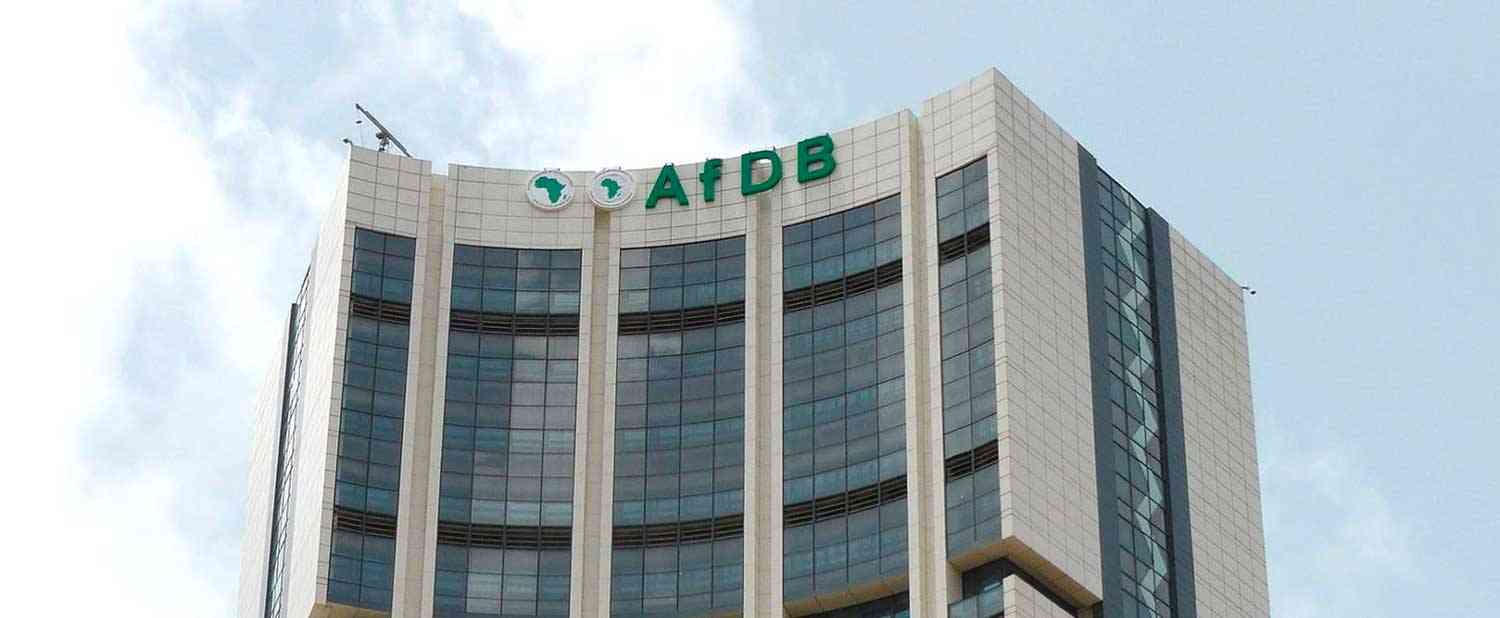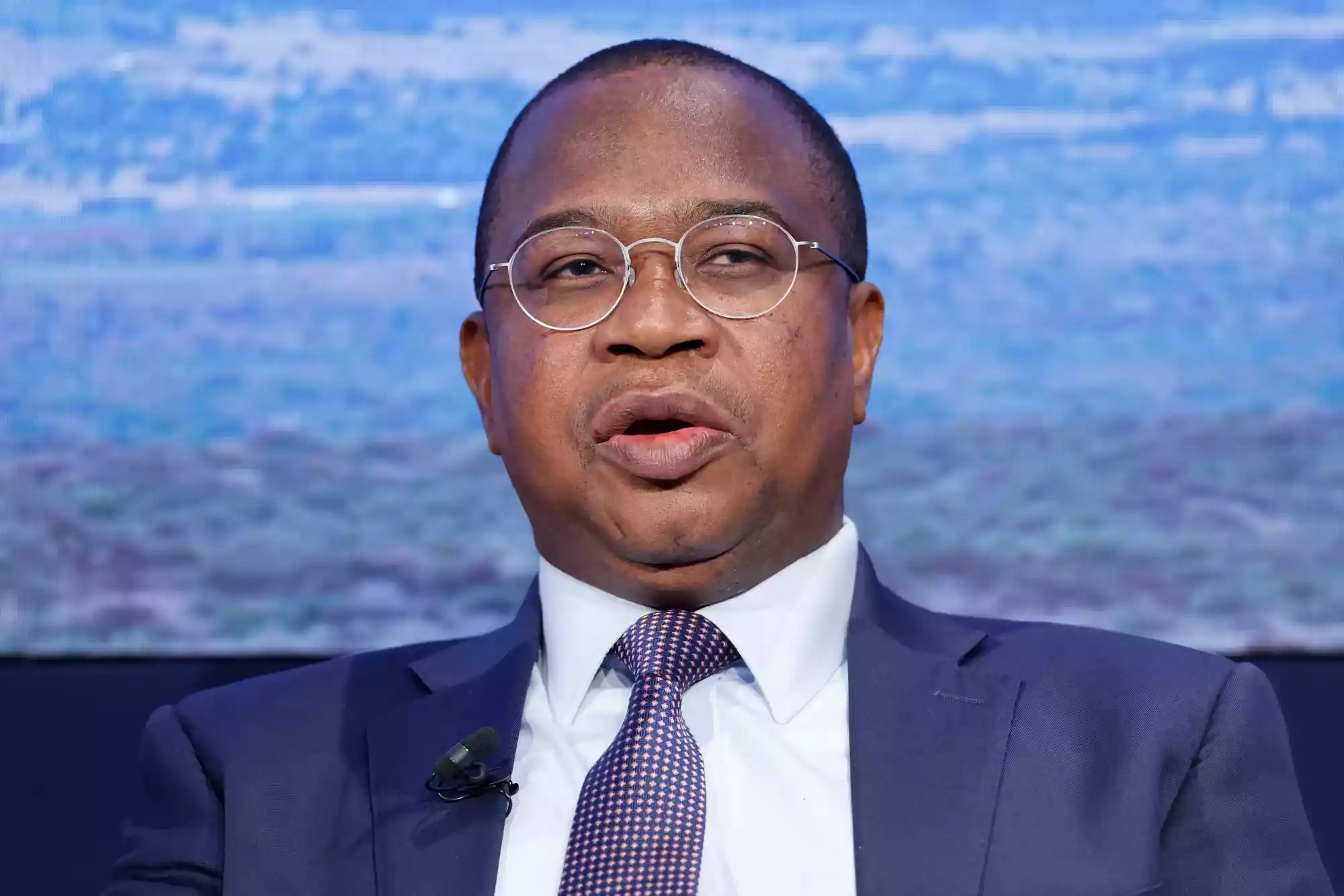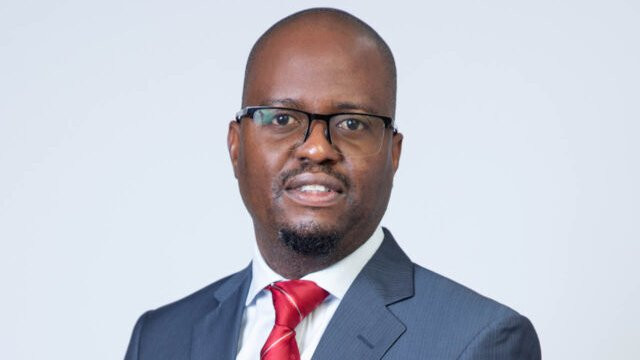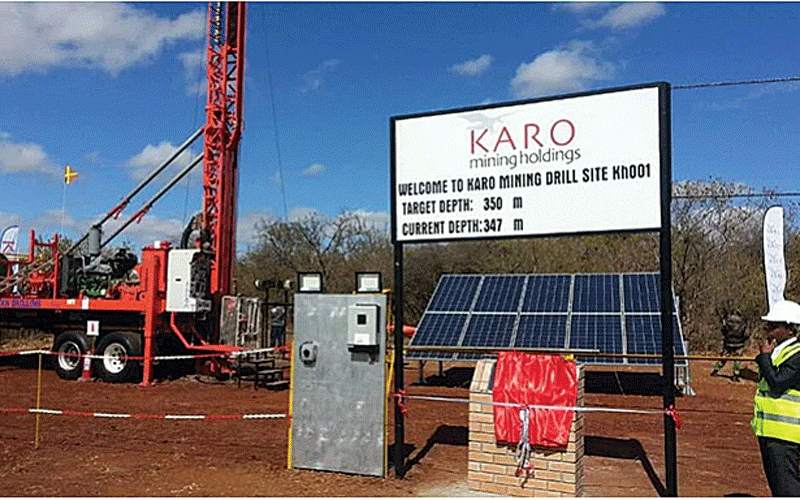
BY MISHMA CHAKANYUKA
MASIMBA Holdings has spent close to US$7 million in capital expenditure over the past five years as part of the group’s initiatives to increase capacity.
Group chairman Gregory Sebborn said the sustained investment in capital expenditure had increased Masimba’s technological and operational capability to engage more complex and diverse large-scale projects in the future.
“Total cumulative capital expenditure for the five-year period to 31 December 2018 amounted to US$6,6 million.
‘The sustained investment in capital expenditure has increased the group’s technological and operational capability to engage more complex, diverse and large- scale projects going into the future,” he said.
“Capital expenditure and capital work in progress incurred in the period amounted to US$1,85 million (2017: US$2,98 million) was mainly for expansionary purposes and was financed by both internal and external resources.”
The group’s borrowings decreased marginally to US$1,72 million in 2018 from US$1,89 million in the previous year.
“The overdue debt of US$1,23 million highlighted in my last report, remains outstanding and has been secured against immovable properties. An agreement has been reached with the client to preserve the value of this debt,” he said.
- Chamisa under fire over US$120K donation
- Mavhunga puts DeMbare into Chibuku quarterfinals
- Pension funds bet on Cabora Bassa oilfields
- Councils defy govt fire tender directive
Keep Reading
The company, formerly Murray & Roberts, reported a 69% increase in profit after tax to US$1,18 million in the year ended December 31, 2018 from US$698 000 in the prior period, as top-line earnings grew.
Revenue increased by 46% from US$27, 45 million in 2017 to US$40,01 million in 2018 due to an improved order book.
Sebborn said the operating environment had remained constrained due to foreign currency crunch in the formal market and rising inflation.
“The operating environment remained constrained due to the continued foreign currency shortages in the formal market,” he said.
“Consequently, there was increased activity in the black market as companies procured foreign currency at a very high premium, which reportedly picked at about 600% in November 2018.”
“The exorbitant pricing of foreign currency regrettably pushed inflation to unprecedented levels that were last recorded prior to the adoption of the multi-currency regime.
“The inflationary pressures had an adverse impact on the current and potential projects resulting in significant business slowdown particularly in the last quarter of the year.”
Going forward, Sebborn said Masimba had put in place capacity building and resourcing strategies, among other initiatives, to take advantage of infrastructure development opportunities.










